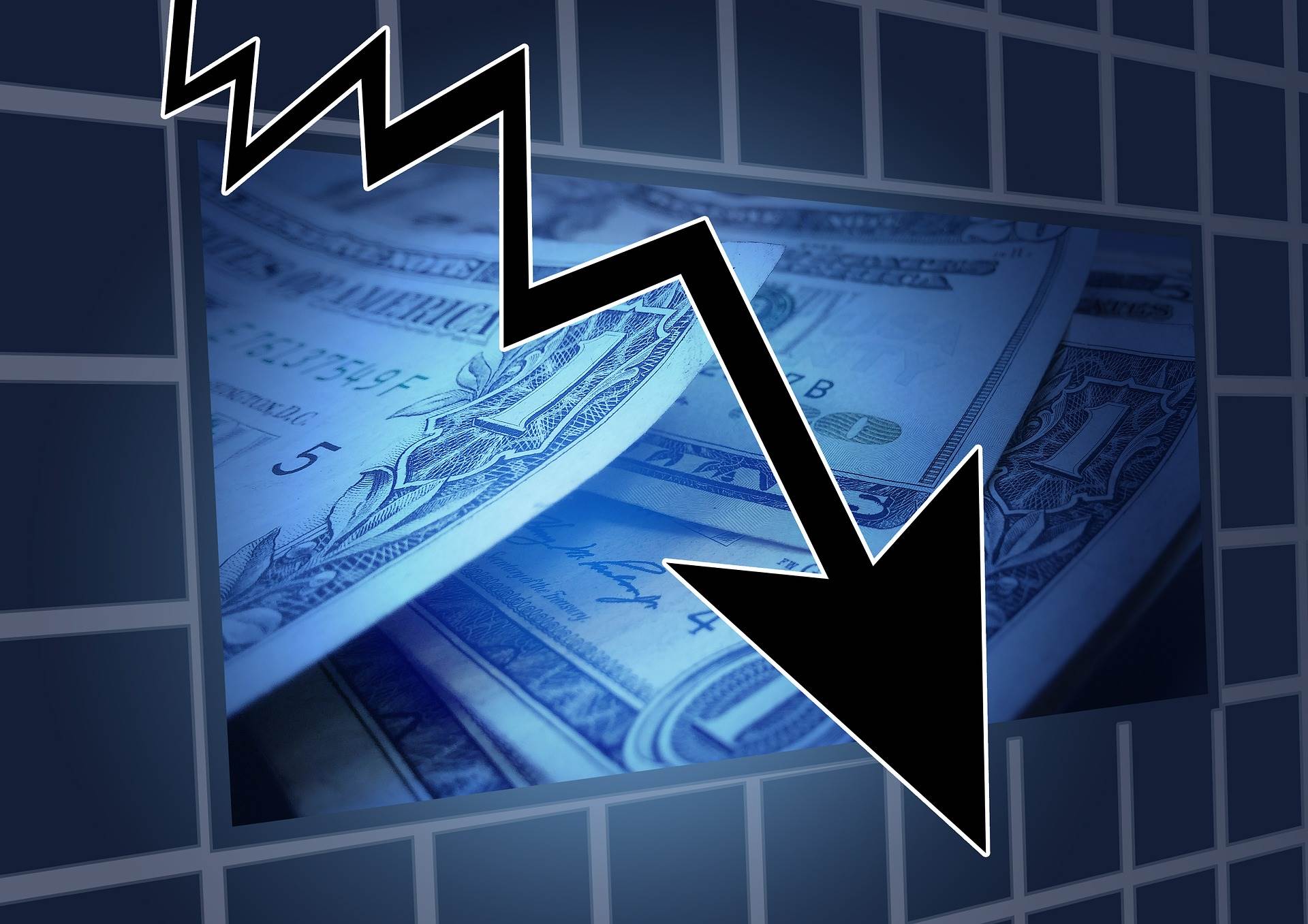The U.S. struggled on Friday afternoon in Asia, trading around 97.35 as of 1:58 p.m. HK/SIN. The greenback fell against the yen, sinking 0.14 percent to 107.04. It also posted losses against the British pound and the euro, even as new COVID-19 cases in Europe prompted calls for renewed lockdowns in several European cities. The decline of the dollar came after a rise earlier in Friday's Asian trading session.
 Traders worldwide remain confused about where global markets will head next in these uncertain times. The coronavirus pandemic, recently thought to be flattening its curve, seems to be flaring up again in key regions, causing analysts to wonder if a second wave of economic closures is coming. Israel announced late Thursday night that it will keep its borders closed to non-citizens at least through July, despite its original plan to reopen its borders by mid-month. Qantas airlines in Australia has announced layoffs of some 6,000 employees as borders remain closed and travelers remain afraid to fly even to the destinations that are open. Still, some airlines remain optimistic, with Mexico's Aeromexico saying that it plans to double domestic flights in July and to quadruple international flights within the next month.
Traders worldwide remain confused about where global markets will head next in these uncertain times. The coronavirus pandemic, recently thought to be flattening its curve, seems to be flaring up again in key regions, causing analysts to wonder if a second wave of economic closures is coming. Israel announced late Thursday night that it will keep its borders closed to non-citizens at least through July, despite its original plan to reopen its borders by mid-month. Qantas airlines in Australia has announced layoffs of some 6,000 employees as borders remain closed and travelers remain afraid to fly even to the destinations that are open. Still, some airlines remain optimistic, with Mexico's Aeromexico saying that it plans to double domestic flights in July and to quadruple international flights within the next month.
Still, despite concerns of a second wave, U.S. stock markets closed broadly higher on Thursday, with the S&P 500 closing up 1.10 percent and the NASDAQ ending up 1.09 percent. The Dow Jones Industrial Average closed 1.18 percent higher. Thursday's gains came after a turbulent week for U.S. markets which saw steep declines on Tuesday and Wednesday. Asian markets shared the rebound on Friday, with Japan's Nikkei 225 jumping 1.19 percent and South Korea's Kospi up 1.17 percent. Australia's ASX 200 surged 1.46 percent despite Qantas shares plunging close to 8 percent during the trading session.
Analysts remain cautious about volatility in both the stock and currency markets and warn traders to remain vigilant, especially as earnings are released next month and governments announce new coronavirus responses. On Thursday, U.S. sports footwear company Nike announced a 38 percent decline in total revenues despite seeing a 75 percent increase in online sales. The company's shares were trading 4 percent lower in after-hours trading. Apple announced this week that it will be closing stores in Texas, Arizona, South Carolina, North Carolina, and Florida, due to a surge in coronavirus cases in those areas, even though the government hasn't mandated such closures. The impact of these closures has yet to be felt significantly, as the company's stock prices hit a fresh 52-week high this week. Still, analysts caution that the full extent of the pandemic may not be felt for several quarters and that the recent rallies leave room for steep declines as global economies attempt to recover.
